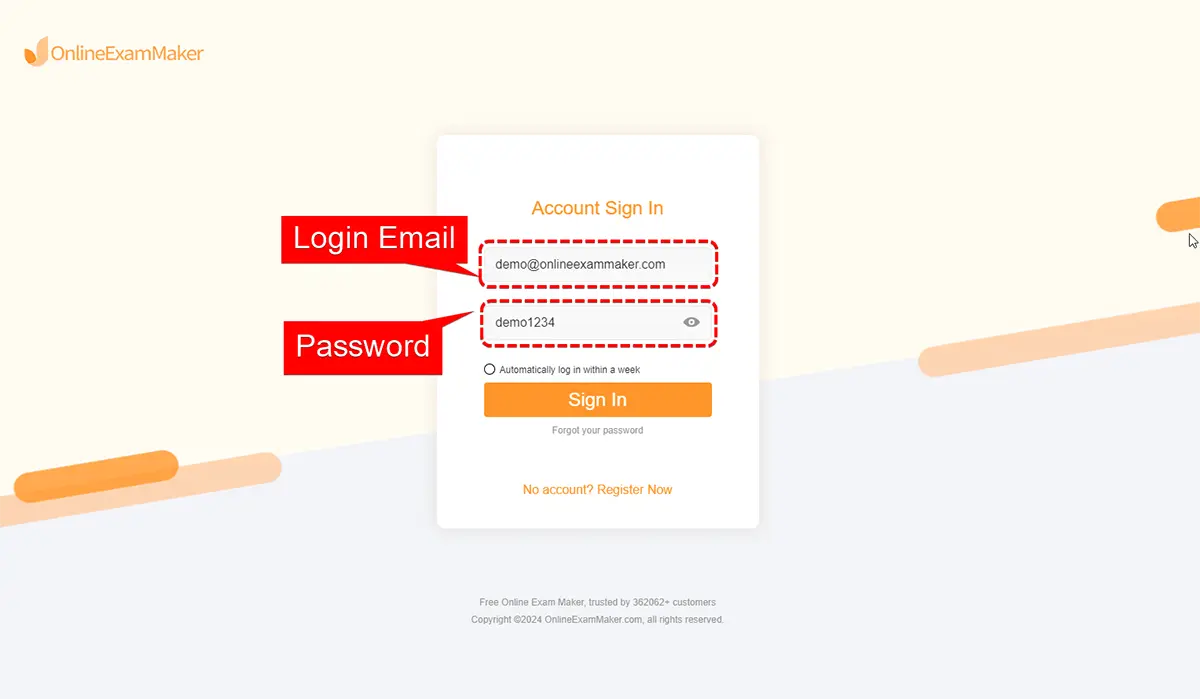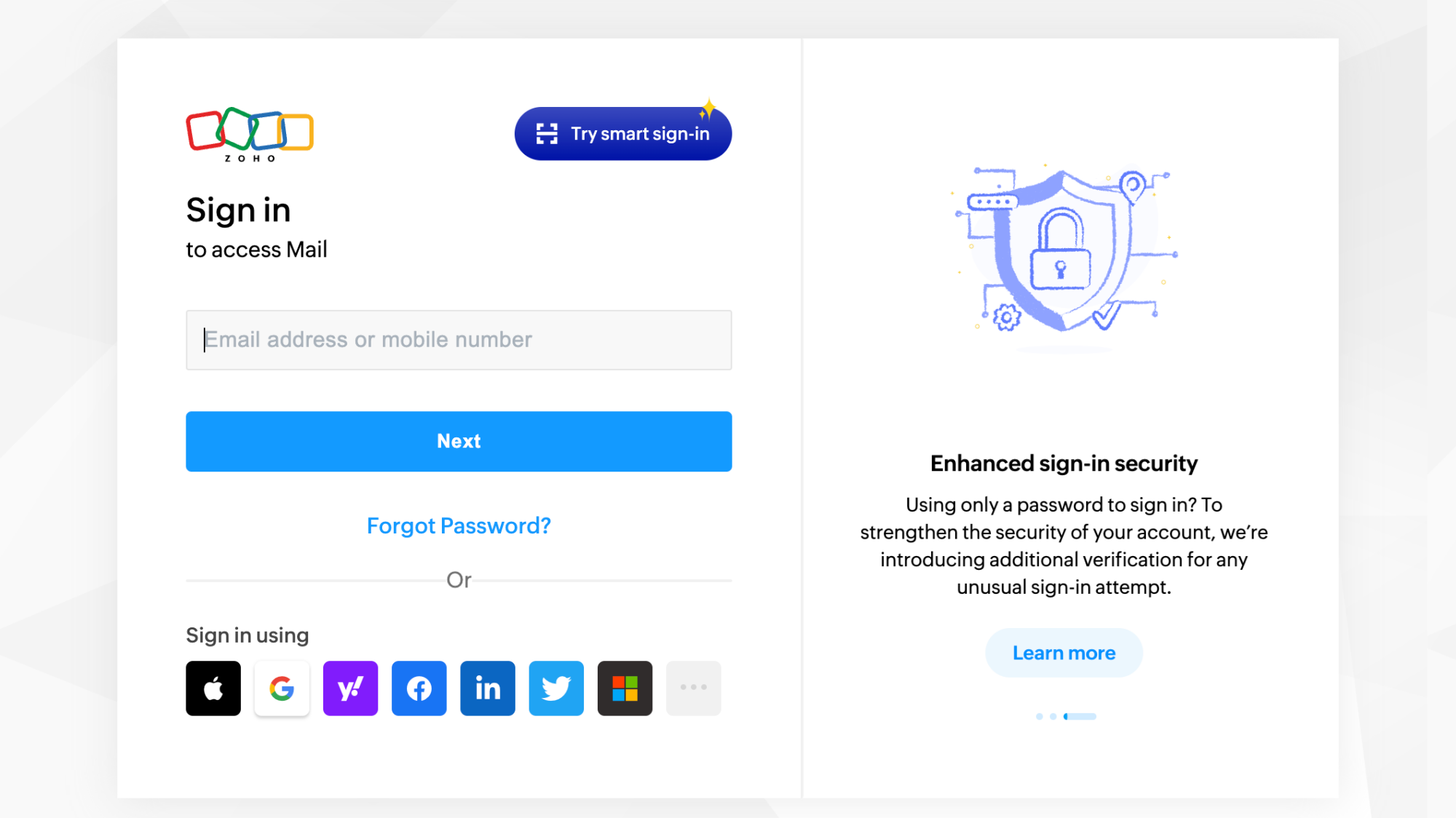Free Business Email: Best Providers, Uses, and Comparison
Every business needs a professional email to build trust and enhance its reputation. In today's digital landscape, choosing the right email service is essential in fostering communication and collaboration. This blog post provides a comprehensive guide to the concept of free business email, exploring its advantages, limitations, and practical uses. Moreover, we'll delve into detailed comparisons of the largest free email providers in the market, helping you make informed decisions. Whether you're a startup, a small business, or an individual entrepreneur, this content aids in maximizing your digital presence and ensuring seamless correspondence.
Understanding Free Business Email: Advantages and Limitations
Finding an email service that suits your business needs is akin to finding a needle in a haystack. There are quite a few options available in the market, offering a range of features, and it can be challenging to decide which one to choose. To make this task easier for you, we have identified the three largest free business email providers and will conduct an in-depth analysis of each. This way, you can evaluate their strengths and weaknesses and determine which one aligns best with your business requirements.
Free business email provides a cost-effective solution for startups and small businesses looking to establish a professional online presence. Here are some key advantages of using a free business email service:
- Professionalism and Trust: Having a business email that matches your domain name projects a professional image and instills trust in your brand. This is essential for communicating with customers, clients, and stakeholders.
- Flexibility and Mobility: Free business email providers typically offer web-based access and mobile apps, enabling you to send and receive emails from any device, at any time. This ensures you stay connected on the go.
- Scalability: As your business grows, many free email services offer affordable paid plans with more storage and additional features to match your evolving requirements.
However, it's important to consider the limitations of free plans, which often include restrictions on storage space, email support, and advanced functionalities. These limitations may suffice for beginner businesses, but they can prove challenging for those with expanding needs. Hence, it's always advisable to assess these constraints in relation to your business's goals and future vision.
A Comprehensive Guide to Largest Free Business Email Providers
As mentioned earlier, choosing a reliable email service is crucial for productive business communication. Here's a detailed analysis of the three biggest players in the market:
-
Google Workspace (formerly G Suite)
-
Advantages: Google Workspace is widely recognized for its ease of use, seamless integration with other Google apps, and robust productivity tools. It offers a generous 14GB storage (or 30GB if you're on the business plan), making it an excellent option for individuals and small businesses.
-
Limitations: The free version doesn't offer as many collaborative tools and restricts the usage of custom email addresses. Moreover, customer support is limited to online forums and community-based troubleshooting.
-
Microsoft Outlook (formerly Office 365)
-
Advantages: Microsoft Outlook is a robust email service known for its advanced features, integration with Microsoft Office, and seamless collaboration. It offers a decent storage capacity and caters to businesses that prefer Microsoft's ecosystem.
-
Limitations: The free plan lacks robust security and collaboration features compared to the paid plans, which may be a concern for businesses handling sensitive data.
-
Zoho Mail
-
Advantages: Zoho Mail stands out with its robust security features, such as encryption, two-factor authentication, and the ability to customize data retention and lifecycle policies. It offers a generous 15GB of storage space, making it an excellent option for secure business communication.
-
Limitations: While it provides remarkable security, Zoho Mail may not be the best regarding third-party integration. It lacks robust compatibility with popular productivity tools like Google Workspace or Microsoft Office.
Wrapping Up
Professional email is an indispensable asset for businesses to build their brand image and foster productive collaborations. While there are numerous options for email service providers, Google Workspace, Microsoft Outlook, and Zoho Mail are the largest providers of free business email. Each has its own distinct advantages and limitations, from storage capacity and productivity tools to integration and security features. Ultimately, your choice of email service depends on your business needs, budget, and preferred workflow.
It is recommended that you carefully evaluate these options and select the one that aligns most closely with your business requirements.
And that concludes this post!




